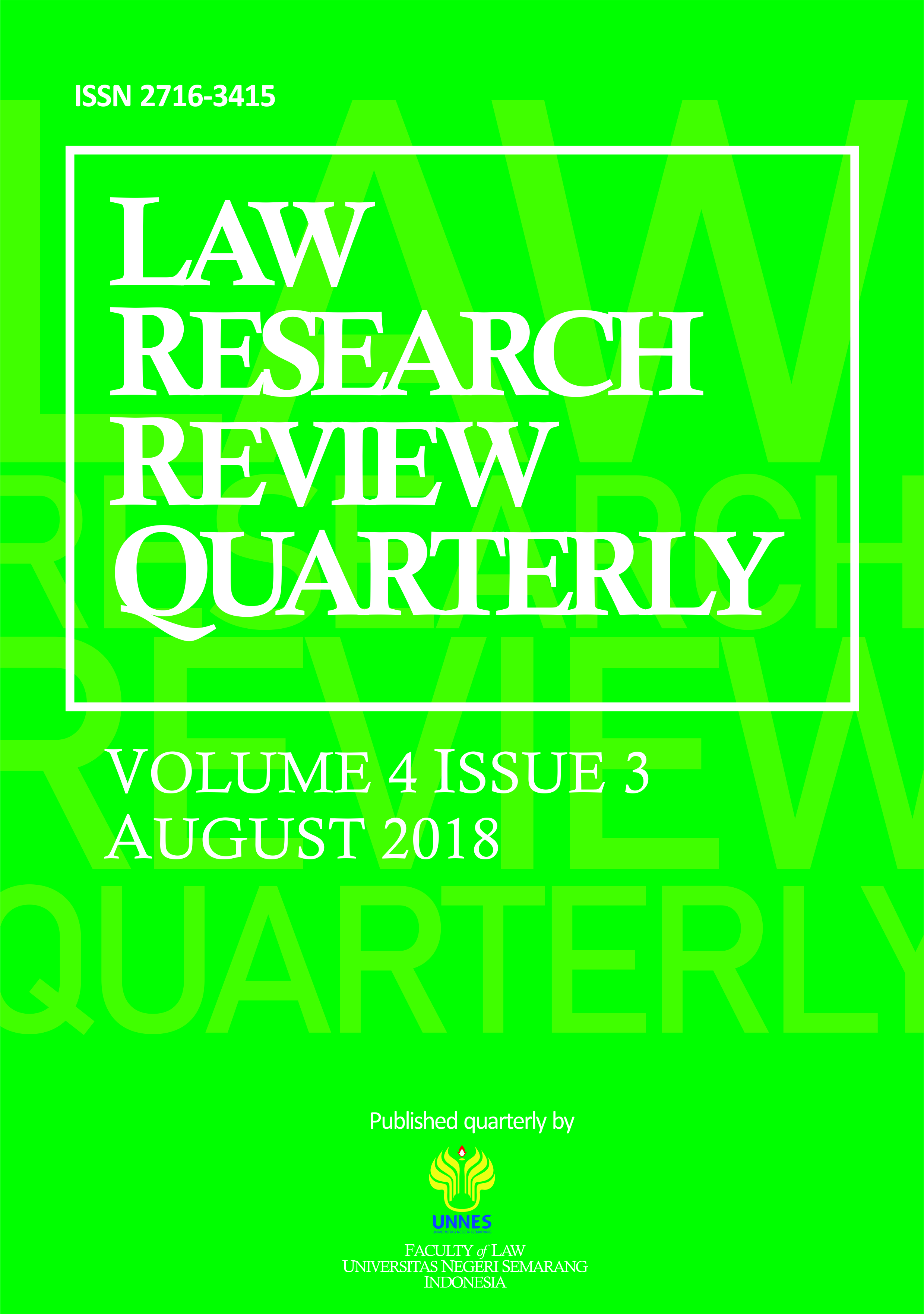2019 Presidential Election: Between Political Contestation and Competition Triggering Nation Split
Main Article Content
Abstract
In elections there are political contestations that encourage the candidates for leaders to make efforts to win the general election. This has caused different reactions in the community regarding their views on the efforts made by the contestants. Tightness between supporters of the two candidate pairs causes the presidential election in 2019 to have its own uniqueness compared to previous presidential elections. This presidential election is a rematch of competition 4 years ago in 2014. There are interesting things that need to be examined further about the phenomena that occur prior to the 2019 presidential election. One of the things in question is the competition between two camps of candidate pairs . The competition between the two has caused various reactions among the people. In fact, differences in principles and perspectives make patterns emerge as if there is competition to seep into the strata of society. So the things about triggering divisions in the community in welcoming the 2019 presidential election contestation are very important to study in order to maintain the integrity of the nation because Indonesia is a country that highly values ​​pluralism and is prone to division. The object of research that will be examined is the attitude of the community towards the 2019 Presidential Election using descriptive qualitative research methods.
Article Details
All writings published in this journal are personal views of the authors and do not represent the views of this journal and the author's affiliated institutions. Author(s) are retain the copyrights of the Article. However, before publishing, it is required to obtain written confirmation from Author(s) in order to ensure the originality (Author Statement of Originality). The statement is to be signed by at least one of the authors who have obtained the assent of the co-author(s) where applicable.This work licensed under a Creative Commons Attribution-ShareAlike 4.0 International (CC BY-SA 4.0)
References
Cipto, Bambang, Partai Kekuasaan dan Militerisme, Yogyakarta: Pustaka Pelajar, 2000.
Conversi, D. (2007). “Homogenisation, Nationalism and War: Should We Still Read Ernest Gellner?†Nations and Nationalism, Vol. 13 (3).
Kansil, CST., Hukum Tata Negara Republik Indonesia, Jakarta: Rineka Cipta, 2000.
Lijphart, Arend., Electoral System and Party Systems: A Study of Twenty-Seven Democracies 1945-1990, New York: Oxford UP, 1995.
Pamungkas, C. (2015). “Nasionalisme Masyarakat di Perbatasan Laut: Studi Kasus Masyarakat Nelayan Karimunâ€, Jurnal Masyarakat Indonesia, Vol. 41 (2).
Pamungkas, Sigit., Perihal Pemilu, Yogyakarta: Laboratorium Jurusan Ilmu Pemerintahan Fisipol UGM, 2009.
Saragih, Bintan R., Hukum Tata Negara, Bandung: C.V. Utomo, 2006
Singh, Virbhadra, “Kata Depan†di Jhingta, Hans Raj, Corrupt Practice in Elections, New Delhi: Deep & Deep Publications, 1996.
Shubhan, Hadi., “Recal: Antara Hak Partai Politik dan Hak Berpolitik Anggota Parpolâ€, Jurnal Konstitusi, Volume 3, Nomor 4 Desember 2006.
S. T, Sulistiyono,. (2015). “Multikulturalisme dalam Perspektif Budaya Pesisirâ€, Jurnal Agastya , Vol. 5 (1).
Surbakti, Ramlan, Didik Supriyanto, Hasyim Asy’ari, Menyederhanakan Waktu Penyelenggaraan Pemilu: Pemilu Nasional dan Pemilu Daerah, Seri Elektoral Demokrasi. Buku 2, Jakarta: Kemitraan bagi Pembaharuan Tata Pemerintahan, 2011.
